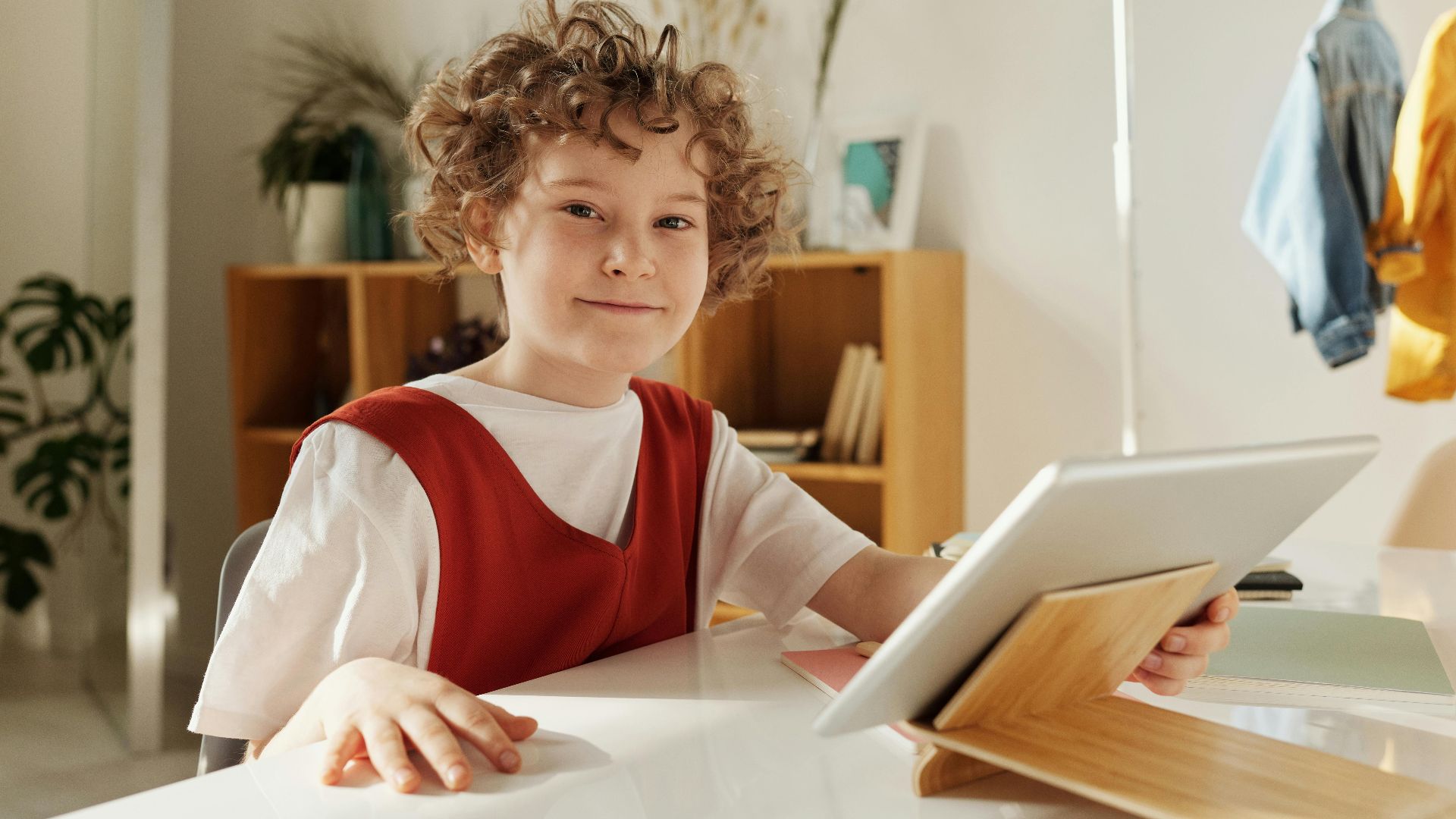Walk into any restaurant or waiting room, and you'll likely spot a toddler glued to a glowing screen. These are the "iPad Kids"—children who've grown up with tablets as constant companions for entertainment, distraction, and sometimes even learning.
It might seem harmless at first glance, but experts are raising serious alarms. They warn that this digital immersion comes with developmental, psychological, and social consequences that could shape an entire generation. So what exactly does this trend mean for our youth, and why should we pay attention?
Understanding The iPad Kid Phenomenon
Tablets became parenting essentials almost overnight. They're portable, packed with educational apps, and incredibly effective at keeping kids quiet during long car rides or grocery trips. Parents didn't plan to raise screen-dependent children, but convenience made it easy to hand over a device when things got hectic.
Now we're seeing behaviors that previous generations never exhibited. Kids as young as two can handle YouTube better than some adults. They prefer watching cartoons on screens over playing outside. Physical toys also sit untouched, while digital games provide endless stimulation. They now spend several hours daily on screens. That's a dramatic shift from the outdoor play and hands-on exploration that defined past childhoods.
Why Experts Warn Of Risks
Experts worry most about how screens reshape developing brains. When children spend hours staring at tablets, their ability to sustain attention on slower-paced activities starts to weaken. Tasks that require patience and focus become harder because the brain has adapted to constant stimulation. Language development also takes a hit in ways many parents don't immediately notice.
Real conversation involves turn-taking, tone shifts, and reading facial expressions—all skills that apps and videos can't replicate, no matter how educational they claim to be. Face-to-face play teaches children how to manage disagreements or recognize when someone feels upset and adjust their behavior accordingly. Screens skip all of that.
Psychologically, the effects run even deeper. Kids become wired for instant rewards and struggle when boredom sets in without a device to fill the void. Overstimulation from flashing colors and rapid scene changes can fuel anxiety and make it harder for children to calm themselves down. Then there are the physical consequences nobody planned for—eye strain from hours of close-up viewing, hunched postures that affect growing spines, and sedentary habits replacing the active play kids desperately need.
Rethinking Childhood In A Digital Age
Technology isn't disappearing, so the real challenge is finding balance. Screen limits appropriate for each age group give children time to engage with the world beyond devices. When parents watch content alongside their kids rather than handing over a tablet for solo entertainment, passive consumption turns into conversation. Questions get asked, and learning actually happens.
The goal isn’t to eliminate technology, but to use it intentionally, while ensuring children still experience play, creativity, and connection beyond the digital world.








